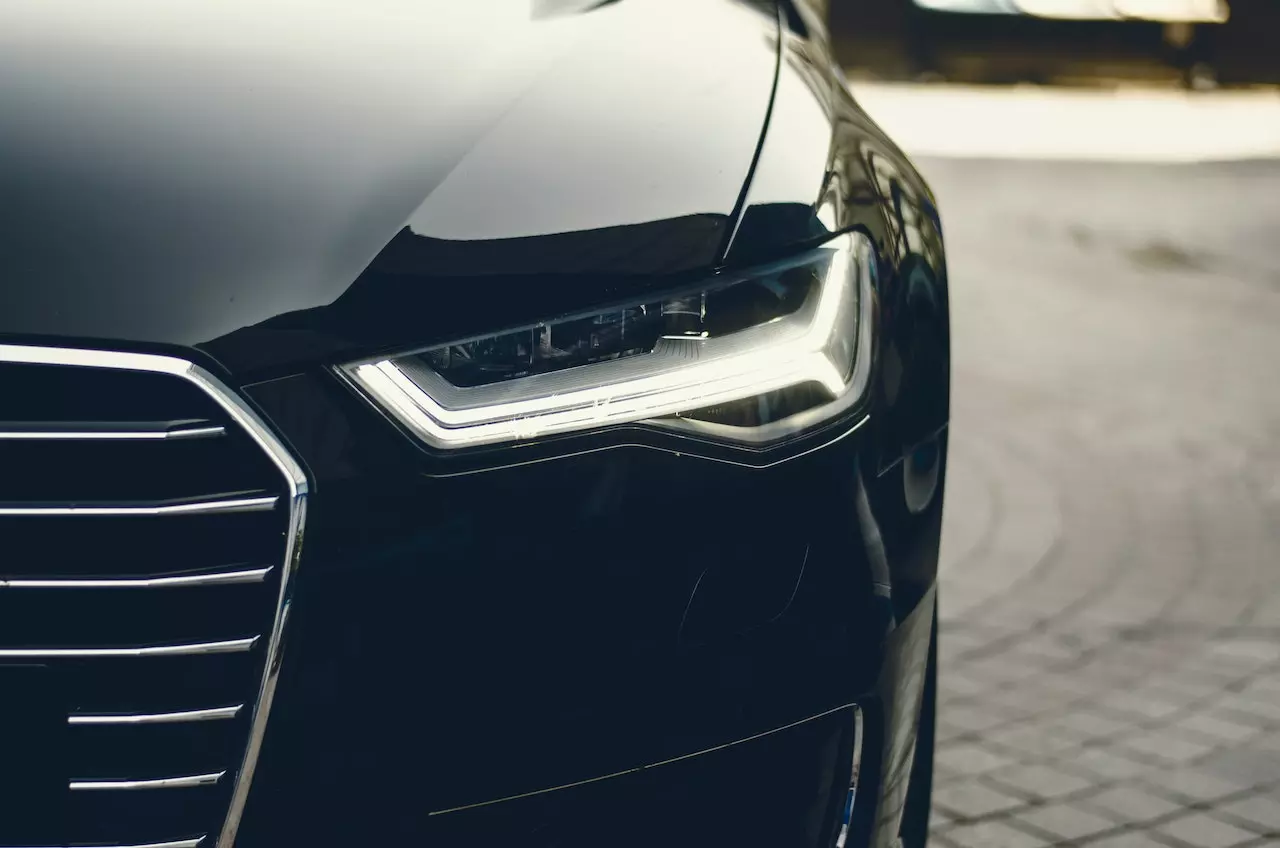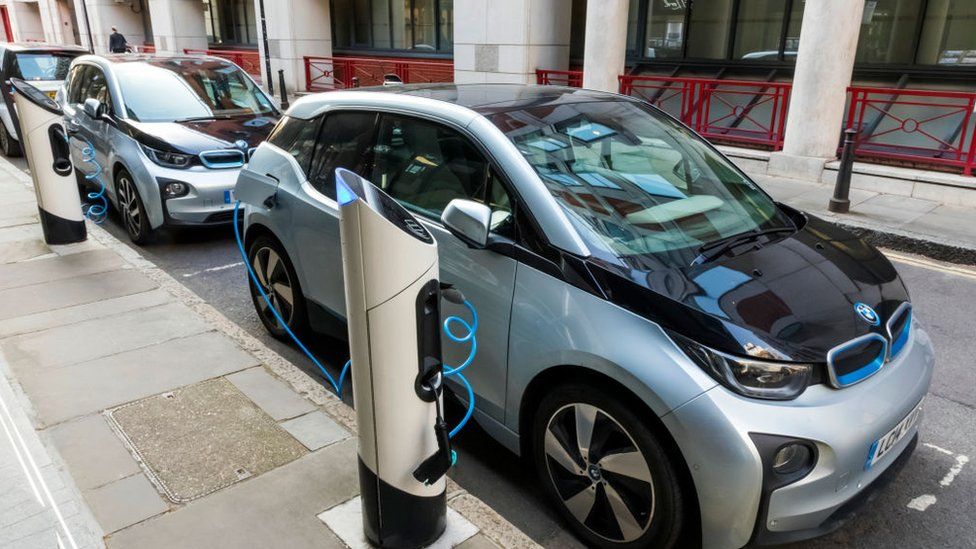Comments
- No comments found

The UK government announced a delay in its planned ban on the sale of new petrol and diesel cars, pushing the deadline from 2030 to 2035.
Rishi Sunak's decision has raised concerns and prompted mixed reactions within the auto industry and among consumers. Here's a closer look at the key points surrounding this policy shift:

The initial plan set by the government aimed to ban the sale of new pure petrol and diesel vehicles by 2030. This aggressive timeline was part of the UK's commitment to accelerate the transition to electric vehicles, expand charging infrastructure, and work toward achieving net-zero carbon emissions by 2050.
Prime Minister Rishi Sunak cited concerns about imposing additional costs on working people as the primary reason for postponing the ban. He emphasized the need for "sensible green leadership" instead of rushing the transition to electric vehicles.
The delay in the ban's implementation has drawn mixed responses from automakers. While some, like Ford, expressed disappointment, others, such as Stellantis, which owns brands like Vauxhall and Peugeot, reaffirmed their commitment to achieving 100% zero-emission vehicle sales in the UK and Europe by 2030.
Industry leaders and experts have expressed concerns about the potential confusion this delay might cause among consumers. Clarity is needed regarding the government's stance on green commitments and how this will affect consumer choices.
One of the ongoing concerns in the electric vehicle transition is the high cost of many electric cars. Additionally, fears persist that the UK's charging infrastructure is not expanding rapidly enough to support a broad shift to electric vehicles. The delay may exacerbate these challenges.
Despite the policy change, significant investments in zero-emission vehicles continue. BMW, for example, is investing heavily in preparing its Mini factory for electric car production. Tata, the owner of Jaguar Land Rover, plans to build a substantial battery plant in Somerset. These projects have received government subsidies.

The zero-emission vehicles mandate, requiring that 22% of cars sold by each manufacturer be zero-emission from 2024, is expected to proceed as planned, providing further impetus for automakers to focus on electric and hybrid options.
While the delay in the ban provides some flexibility for automakers and consumers, it also raises questions about the UK's commitment to achieving its climate goals. The ultimate impact on consumer choices and the automotive industry's green transition remains to be seen.
Leave your comments
Post comment as a guest